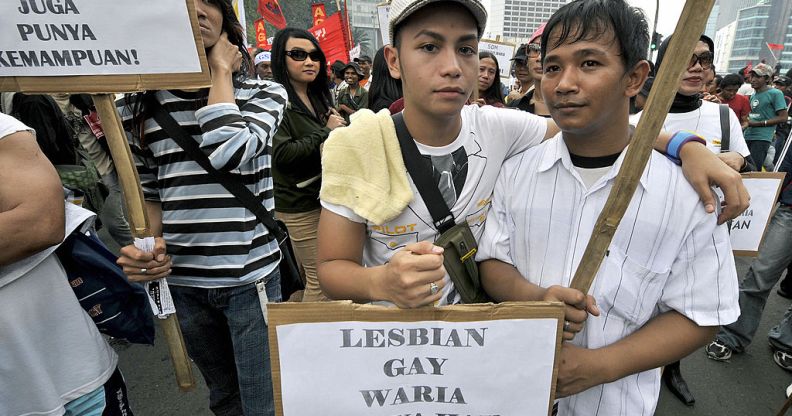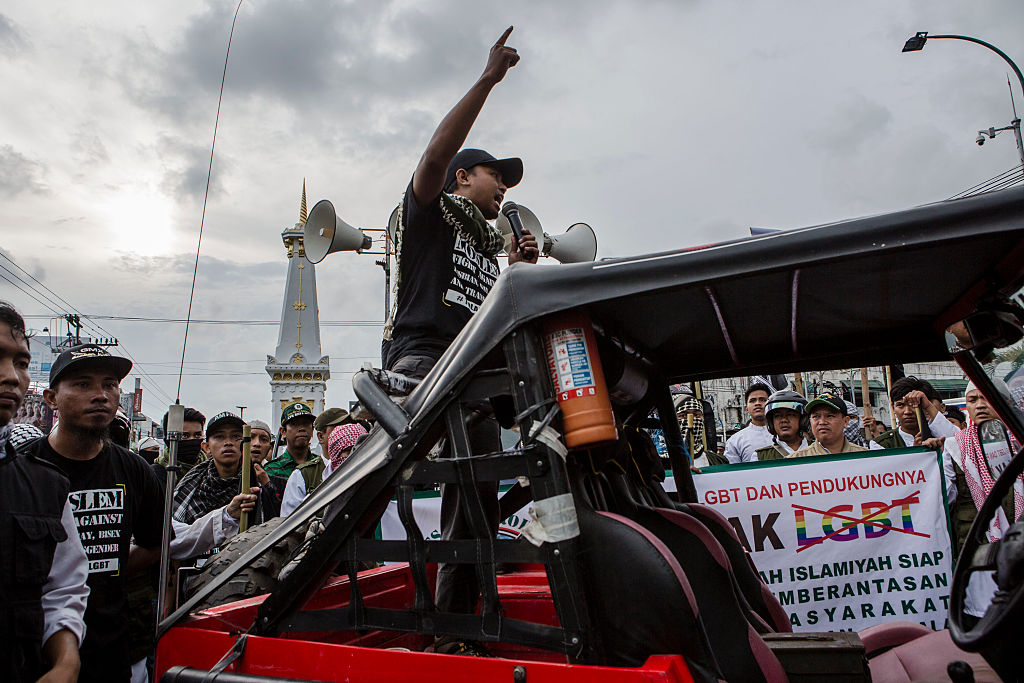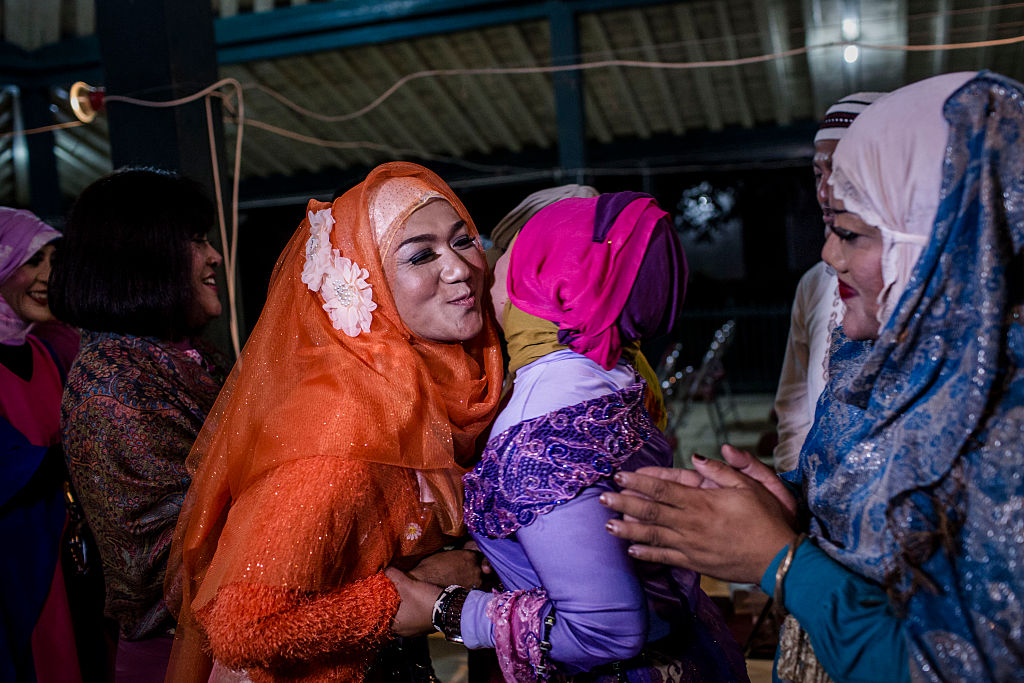Anti-LGBT discrimination is losing Indonesia as much as $12 billion every year, study says

Anti-LGBT discrimination could be costing Indonesia $12 billion every year, according to a new study.
Researchers from the Williams Institute at UCLA School of Law in California say the losses it calculated were down to barriers to employment, education, healthcare, as well as “physical, psychological, sexual, economic and cultural violence” suffered by LGBT citizens.
While homosexuality has never been illegal in Indonesia, attitudes towards LGBT people have become steadily more extreme in recent years despite a growing gay population.

The Indonesian Psychiatrists Association classifies homosexuality, bisexuality and being transgender as illnesses.
And the report quotes a Pew Global Attitudes Survey from 2013 which found that just three percent of Indonesians believe “homosexuality should be accepted by society.”
The negative hurdles are in place, the authors say, because “acceptance of LGBT people is very low and has changed little over the last decade, and media coverage is generally negative.”
The report states that “stigma related to being LGBT reduces access to condoms, testing, and treatment of HIV.
“Studies also show high rates of HIV prevalence, suicidal ideation, and risky health practices for LGBT people, which are linked to stigma and minority stress.”
The researchers also say LGBT Indonesians face “difficulties with ID cards, fear of having their sexual orientation or gender identity disclosed, fear of harassment by health care providers, and lack of funding for LGBT-related care.
“These health challenges mean that LGBT Indonesians may not be able to contribute their full potential productivity to the workforce.”
In the workplace, “Indonesian LGBT people face discrimination in required job qualifications and hiring, and they experience workplace harassment and other forms of discrimination.”
When it comes to education, LGBT youth is in an especially difficult position, the report indicates.
“Young LGBT Indonesians who seek to continue their education face barriers in accessing the educational system, such as the ability to use family resources, access to needed documents from their families, and access to identity cards that reflect their gender identity.
“In educational settings,” the authors add, “harassment, bullying, and discrimination are common against those who violate gender norms”.

The report’s authors, M.V. Lee Badgett, Amira Hasenbush and Winston Ekaprasetia Luhur, say that these manifestations of prejudice are “likely to result in LGBT people accumulating less education and skills than they are capable of and reducing Indonesia’s human capital.”
When it came to a solution, the three researchers are urging the Indonesian government to explicitly reject anti-LGBT discrimination, for the good of the whole country.
“Promoting LGBT inclusion rather than condoning or enforcing exclusion is likely to improve economic output shared by all Indonesians, as well as realise the economic well-being and human rights of LGBT Indonesians.”
In January, petitioners argued in the country’s Constitutional Court that sex outside of marriage – such as LGBT sex – could turn Indonesia into an “uncivilised nation” and should be criminalised.
A gay couple from the country’s North Sulawesi province were arrested last year after they posted photos on Facebook showing them kissing in bed.
Also last year, it was announced that the country’s government would clamp down on gay culture – instituting a ban on online “gay propaganda” after a request from the police.
Communications ministry spokesman Noor Iza confirmed that apps including Grindr, Blued and BoyAhoy would be blocked in the country, claiming they were “promoting gay lifestyles”.

